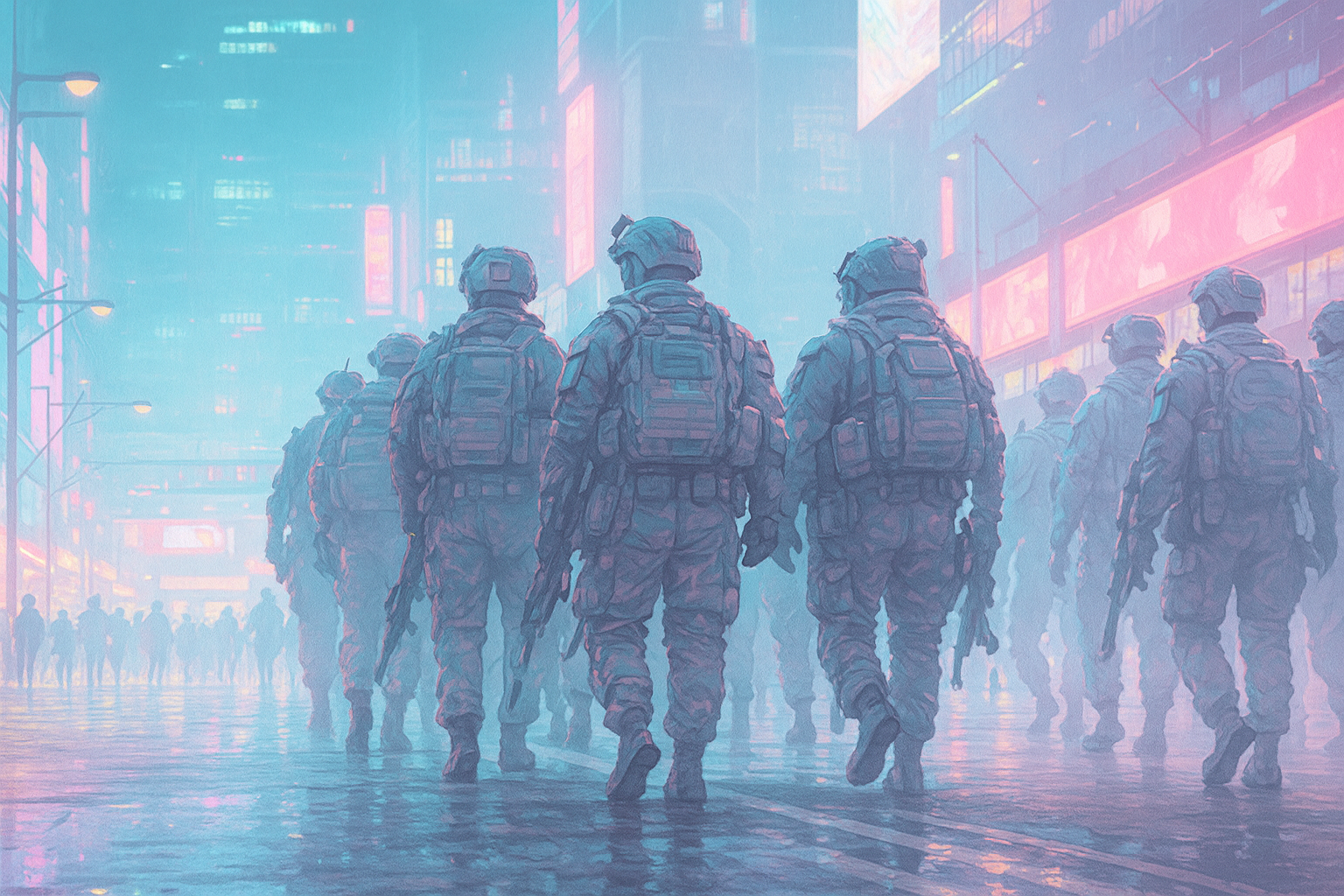
75 years ago, the conference at Bretton Woods cemented the idea of international cooperation. It defined the contours of a rule-based world order in which economic integration was supposed to support emerging economies and prevent conflicts between nations. The notion of a “liberal world” emerged as a response to two world wars and a devastating economic crisis (the Great Depression) that was exacerbated by protectionism and isolationism in the interbellum. The liberal world order was founded upon effective international institutions (e.g. the World Bank and the International Monetary Fund) and multilateral free trade agreements and the U.S. provided the security umbrella under which it could expand. Eventually, the memorable inclusion of China as member of the World Trade Organization, the fall of the Berlin Wall and subsequent collapse of the Soviet Union in 1991 provided the “historic vindication” of the liberal world order.
The U.S. was once the founder of the liberal world order but has now become one of its greatest threats. Little more than a year and a half ago, President Trump slapped steep tariffs on imported solar panels and washing machines, as part of his America First policy. Since then, these “Trump tariffs” have focused on China, although many more countries have come into its crosshairs recently (e.g. Japan, India, Mexico, South Korea, Australia, Switzerland as well as the EU). As these are liberal democracies with relatively open markets and a shared hostility towards China’s “authoritarian” form of capitalism and politics, many of these countries have always been important allies of the U.S. Today, however, American isolationism forces these countries to take on a more active role in sustaining and shaping the democratic and liberal world on their own. For example, the Democratic Order Initiative was founded last year to engage public support for the international rule-based system, while the new Alliance of Democracies Foundation wants to “strengthen the spine” of the world’s democracies.
Renewed interest in sustaining and developing multilateral agreements between liberal democratic countries could reshape the global governance system in the wake of changing American foreign policy. Japan, India and Australia are now enhancing their strategic partnership in the Indo-Pacific, the EU is boosting its trade partnerships with other economies (e.g. Mexico, Japan), and many other countries are still upholding the pledges of the Paris Agreement and Trans-Pacific Partnership despite the U.S. violating or leaving these multilateral deals. In other words, Chinese authoritarianism, U.S. isolationism and climate change are all becoming pressing issues that require multilateral policy and this could very well lead to a new era of liberal democratic world order.

